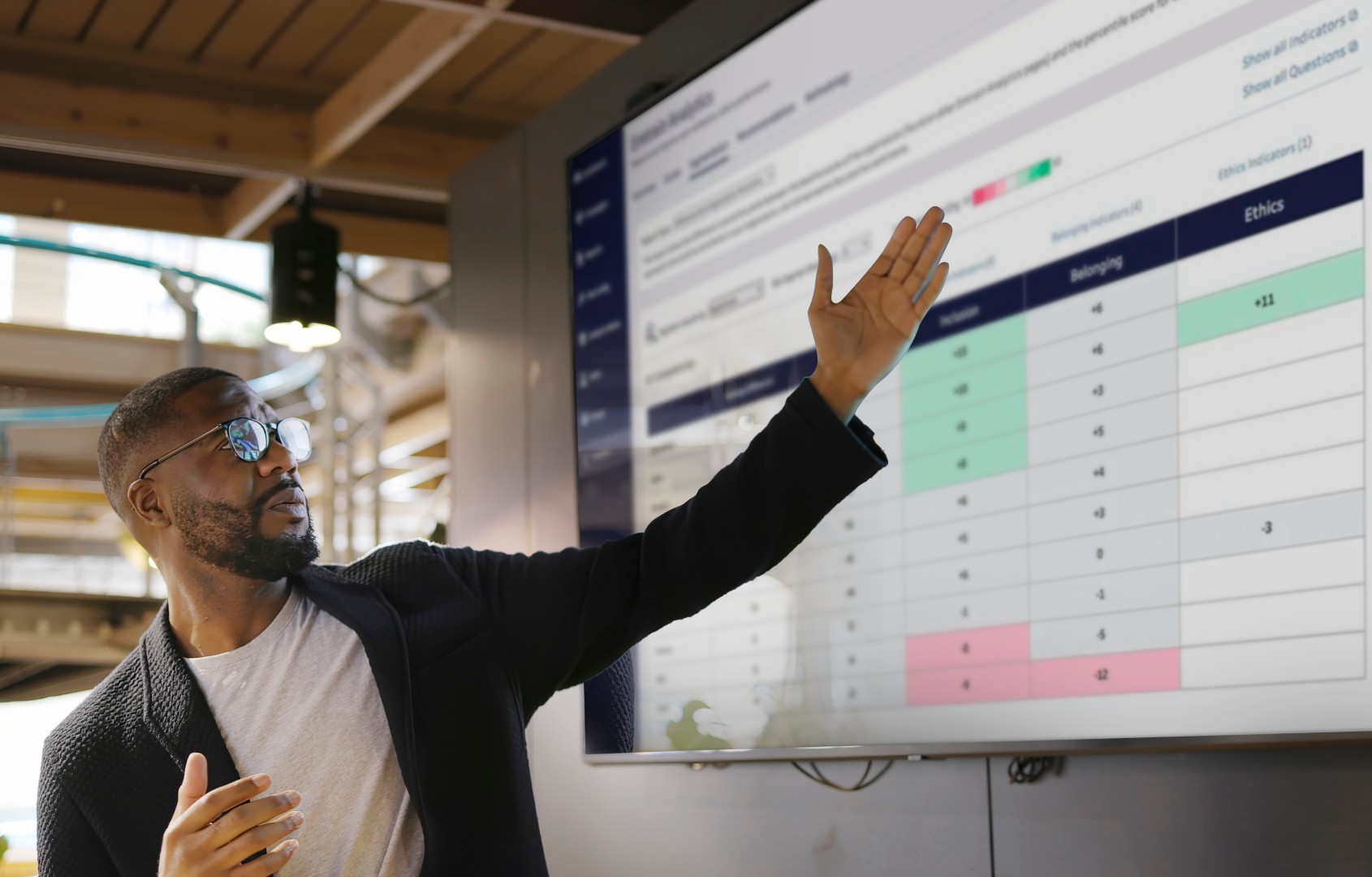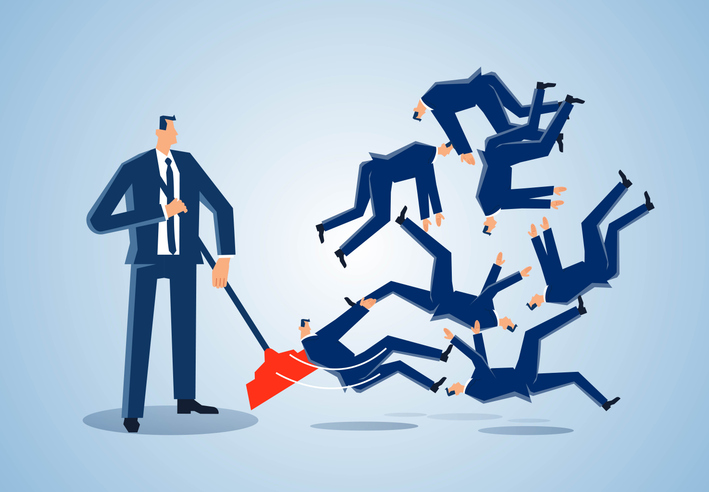Although Millennials are now well into managerial roles, many employers still focus on their needs as employees. At the same time, organizations recognize that a new generation—Generation Z—is entering the modern workplace. However, many mistakenly assume that Gen Z is simply a younger version of Millennials.
This assumption overlooks key differences. According to the Pew Research Center, Gen Z (also called post-Millennials or iGen) is the most racially diverse and best-educated generation to date. With this diversity comes a fresh perspective on workplace expectations, priorities, and values.
I recently engaged with a group of college students—future HR and business leaders—to understand their expectations as employees and how they plan to shape workplace policies to reflect their generation’s needs. Three major themes emerged from our discussion:
1. A New Approach to Diversity, Equity, and Inclusion
A Deloitte and Network of Executive Women (NEW) study highlights that Gen Z views diversity differently than previous generations. The report notes:
“Diversity is the watchword for Gen Z: Diversity matters to them through many dimensions, not just isolated to race and gender, but also related to identity and orientation. Gen Z prioritizes diversity—across race, gender, and orientation—more than any other generation, and companies should as well.”
This perspective extends beyond traditional diversity categories. Many of the students I spoke with emphasized the need for organizations to be more proactive in supporting employees with mental health and learning challenges. The outdated, compliance-driven approach to disability accommodations will not meet Gen Z’s expectations. Instead, they want employers to embed inclusion into workplace culture.
Learn more about workplace discrimination against employees with disabilities in our online course.
2. Career Customization Over Cookie-Cutter Roles
Unlike previous generations, Gen Z is seeking a highly personalized career experience. The Deloitte/NEW report states:
“A new mindset. We think Gen Z will have the ability to demand greater personalization in how they move along their career journey. For organizations to attract and retain the best and brightest of the generation will require a different mindset.”
This means that traditional, one-size-fits-all career paths will no longer work. Instead, employers should provide more flexible career development opportunities, including role customization, job rotations, and continuous learning. Organizations that embrace career personalization will have a competitive edge in attracting and retaining top Gen Z talent.
3. Adaptability and Multifaceted Skill Sets
Gen Z employees expect themselves—and their colleagues—to be adaptable and versatile. Unlike previous generations that often specialized in one area, Gen Z values the ability to develop a broad skill set. The Deloitte/NEW report highlights four key competencies Gen Z employees see as essential for workplace success:
- Digital tools and technology skills
- Comfort with analytics and data
- Business and management skills
- Design and creative skills
This expectation signals the need for companies to provide continuous upskilling and cross-functional learning opportunities to remain competitive in a rapidly evolving job market.
The Bottom Line: Shifting Workplace Culture to Embrace Gen Z
Organizations must adapt not only their mindset but also their policies, practices, and workplace cultures to meet the expectations of Gen Z employees. As Jean Twenge, professor and author of iGen, explains:
“iGen is distinct from every generation before them; they are different in how they spend their time, how they behave, and in their attitudes toward religion, sexuality, and politics. They socialize in completely new ways, reject once-sacred social taboos, and want different things from their lives and careers.”
Employers who proactively integrate Gen Z’s values—prioritizing diversity, career customization, and adaptability—will create workplaces where all four working generations can thrive.
To learn more about how your organization can develop an inclusive and forward-thinking workplace culture, explore our diversity and inclusion solutions and get a free trial today.








